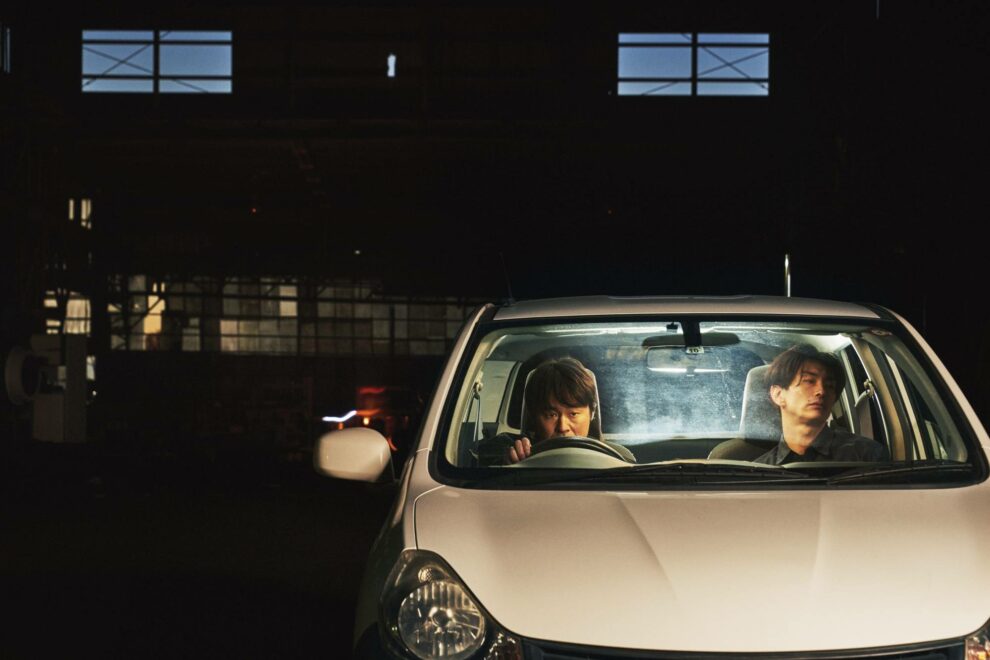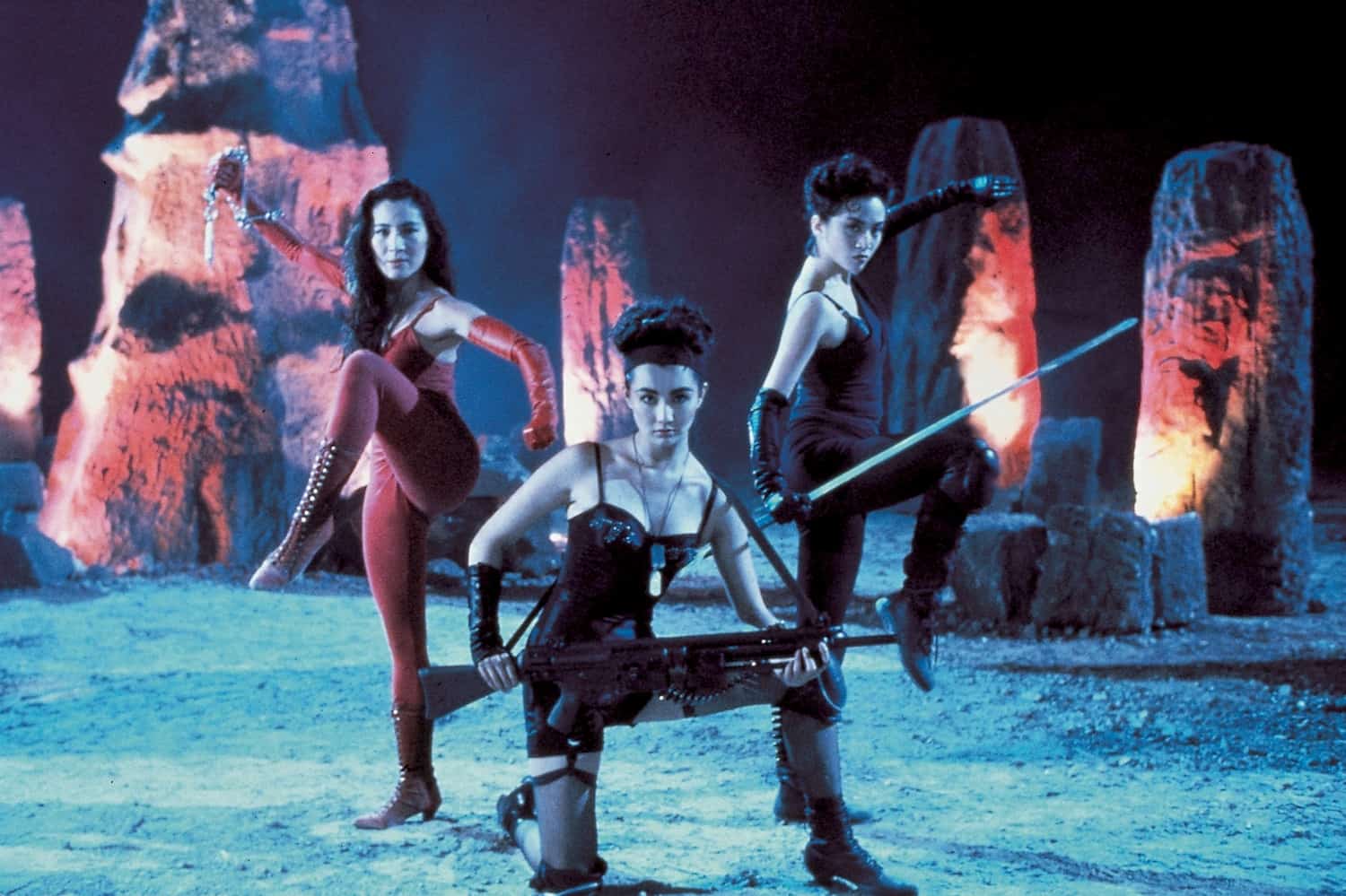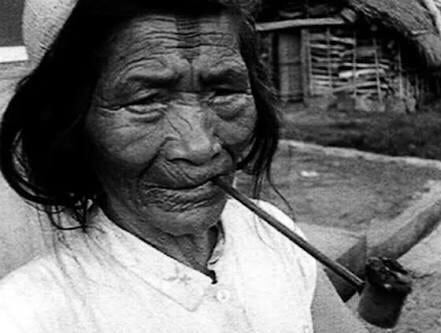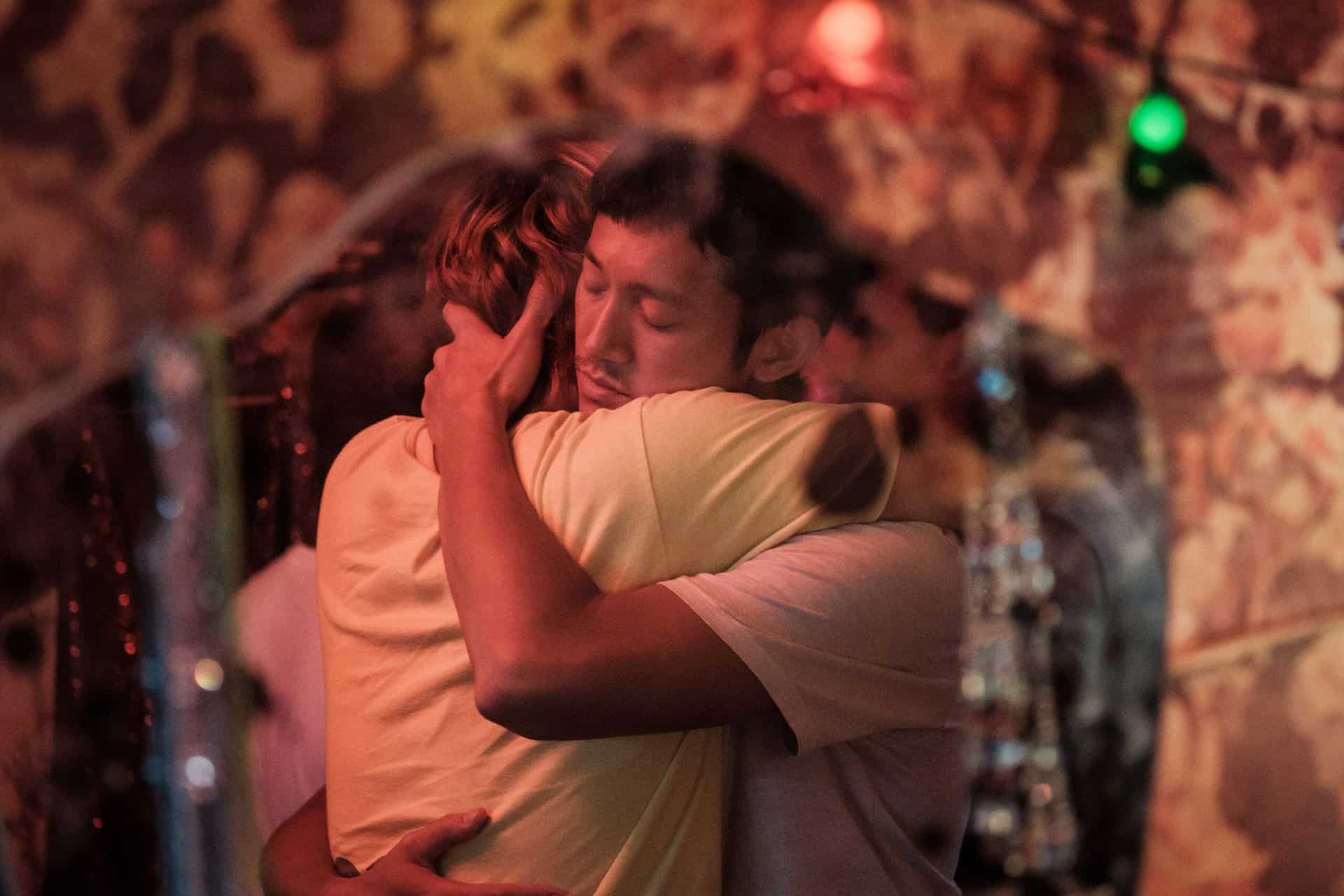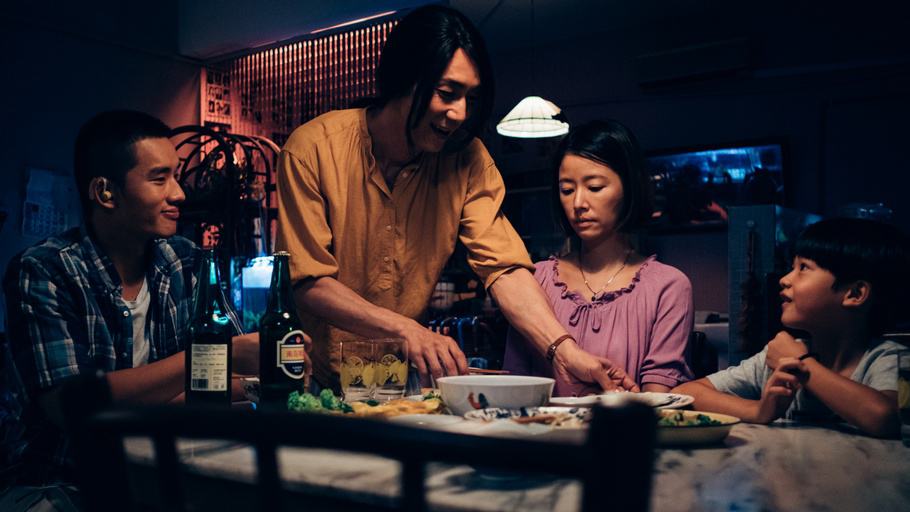Keeping up an unassuming facade is one of the many facets within the thriller genre, which often makes it much more fascinating to observe the perpetrator than any other character. It is perhaps not so much the deeds he or she commits but rather the difficult performance of balancing these interior, dark urges, or maybe coming to grips with the emotional turmoil as a consequence to whatever these acts are. Among many other issues, these ideas are what drove director Dai Sako when approaching “Drive Into Night”, a blend of drama and thriller, following the path of a man becoming a perpetrator and how he deals with the aforementioned issues. In his statement, Sako explains he wanted to talk about the idea that pressing moral matters and the “negative energy” defining Japanese society are at the core of this project.
“Drive Into Night” is streaming as part of JFF+ Independent Cinema

While most of his peers have become fathers and husbands, 40-something Taichi (Tomomitsu Adachi) still lives with his parents and works as a salesman for a struggling metalworks factory. After another day of unsuccessfully trying to acquire metal scarps for his company and being the victim of ridicule, mostly coming from the factory's manager Hongo (Tsutomu Takahashi), he tries to drown his sorrows in a pub. As his friend and co-worker Wataru (Reo Tamaoki) questions him about his plans for his future and why he is still single, they encounter a young saleswoman, who has tried to make a deal with their employer a few hours earlier. However, as their romantic advances fall flat, what begins as a normal night out turns into something darker.
Check the interview with the director
As the days go by, both men try to appear normal in front of their families and co-workers. Whereas Wataru feels guilty and is haunted by visions of the woman, Taichi finds he cannot cope with the feelings anymore and eventually seeks solace with a life coach. Meanwhile, Hongo becomes the prime suspect for the police, as he is the last person who was seen with the missing person.
Although it is also labelled a thriller, Sako's feature is best explained as a drama about guilt, life choices and keeping up appearances. Switching between the various characters, you experience how each of them deal with the repercussions of the night, with some of them watching as their lives fall apart and one of them realising how hitting rock bottom might be the much-needed restart he has been longing for. Sako's script takes its time exploring the lives of these people, their way of handling the situation and also their families, with special emphasis given to Wataru, whose marriage has been going downhill for quite some time, with him being more like an observer. As a consequence, this gives each actor a chance to shine, with Adachi, Takahashi and Tamaoki each having some memorable moments, especially the former as his character becomes fascinated with the teachings of a dubious spiritual guru.
Naturally, the emphasis on drama has its pros and cons. At over two hours, “Drive Into Night” has a few pacing issues, specifically with the very slow first hour, but it also highlights the development of each character. At the same time, Dai's aesthetic approach, combined with Jugaku Watanabe's cinematography and Kazumi Wakimoto's editing, underlines the various paths each character takes, giving it a relatable and realistic notion, which is somewhat at odds with moments such as the dream sequences or the vision of, for example, Wataru.
Overall, “Drive Into Night” is a gripping blend of thriller and drama, with a strong emphasis on the latter. Dai Sako's narrative and aesthetic approach fit quite well to a story dealing with issues such as guilt, deceit and keeping up appearance, albeit a slow first hour and some scenes feeling out of place.


